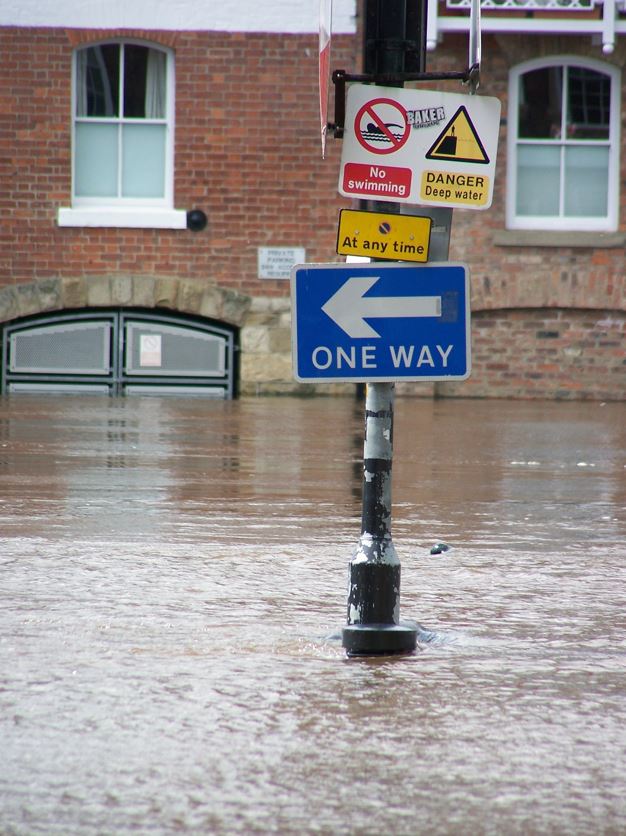Contingency planning for weather emergencies
The Met Office are forecasting for Storms Dudley and Eunice to hit the UK this week, bringing wind, rain and snow. If your business can keep going in the face of adverse weather events, it’s a good sign that you have strong, resilient processes and structures. If operations grind to a halt then it’s likely you’ll face financial loss and an urgent need to improve your contingency planning. So what should an adverse weather plan cover?
Employee safety
The safety of your staff must always be your main priority. Adverse weather can set in at short notice, so it is important to have a communication plan identifying who will tell employees whether they are expected to attend work. Could you contact all employees within a few hours?
Not attending your site does not mean employees cannot work; remote working or attending an alternative location or site could be a feasible plan. A detailed continuity plan should be developed to set out what is expected of staff, with training to help promote awareness.
Some staff will need to be trained to take the lead in an emergency weather situation. Who will make the key decisions? Who will ensure the premises are kept safe and any essential processes continue?
Data access and protection
Home working is an important way to keep operations going during adverse weather, but it relies on easy access to business data. If the electricity goes down at your main site, would it take your server with it? Using backup locations will help to keep information from being destroyed in an event such as a flood, as well as allowing work to continue.
It’s relatively easy to set up these systems, but regular checks are required to ensure they could be relied upon in the event of adverse weather. Ensure you check your backup system often to make sure it is reliable and fit for purpose.
Product security
Whether you provide goods or services, you will need to plan how your product will be managed during adverse weather events.
If you deal in physical products, this will involve formulating a plan to minimise damage to your storage facility. You should understand your insurance policy, what is covered and what is expected of you to protect stock. You might also need to scope out a plan for obtaining products or components if a supplier is unable to deliver during adverse weather.
Customer service is also important. People understand that adverse weather might impact businesses, but it will help to safeguard your relationship with customers if you can explain to them the cause for any delay and set out a guideline on when you expect to be running at full speed again.
If you would like to review your business insurance cover please get in touch with the team at Lockyers or call 01924 278222.


